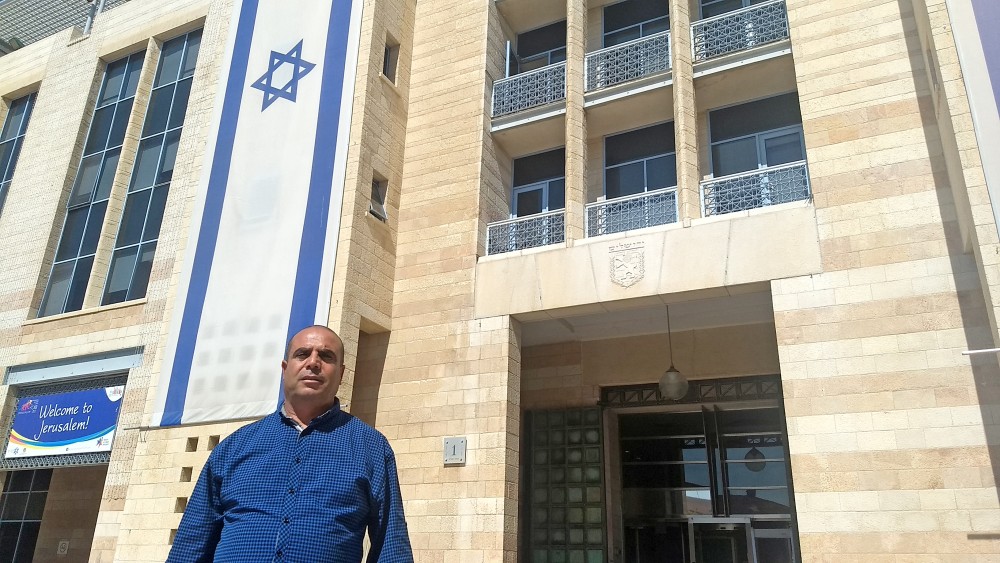Palestinian candidate in East Jerusalem defies voting boycott
Ramadan Dabash sought to be the first East Jerusalem resident to serve on the city council since 1967.

(The Christian Science Monitor) Ramadan Dabash, a Palestinian civil engineer, builder, and community activist from traditionally Arab East Jerusalem, broke a decades-long taboo when he registered to run for a seat on the Jerusalem City Council.
Since Israel captured East Jerusalem in 1967 and subsequently declared the whole city its unified capital, local Muslim leaders have encouraged East Jerusalemites to boycott municipal elections. In that view, to vote would be to recognize Israeli sovereignty. Dabash argued that the boycott has kept Palestinian residents of East Jerusalem politically powerless.
“We can change this situation—51 years of neglect of East Jerusalem,” he said. “We need to stop complaining and start doing. City Hall is a place we need to be.”





